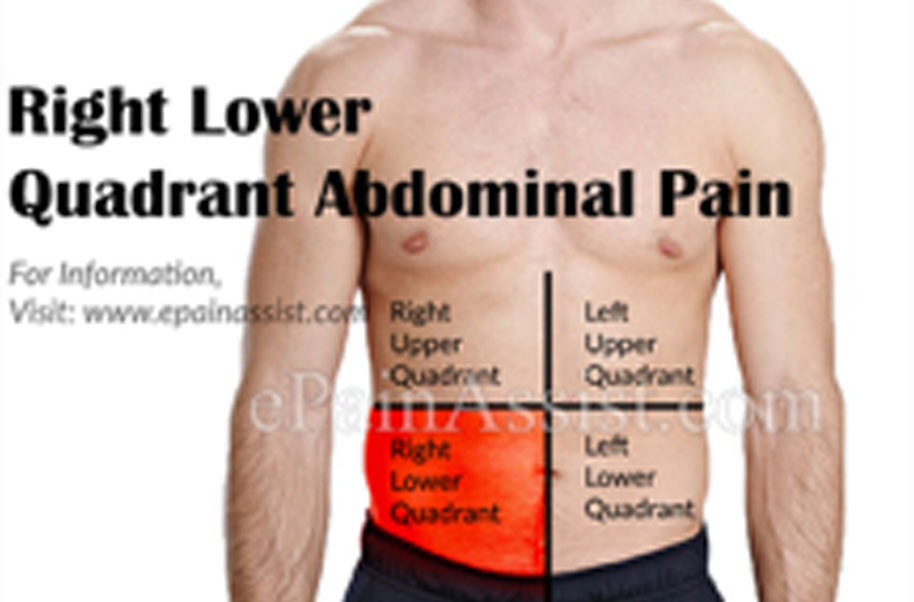


You may need other tests like an ultrasound (to look for fluid) or paracentesis (to take a sample of the fluid for testing).Īscites can be very uncomfortable. Ascites might be diagnosed with a physical exam. This can make your abdomen enlarge like a balloon filled with water. When pressure in the portal vein gets too high (called portal hypertension), fluid leaks out and builds up. The most common major complication of cirrhosis is ascites (pronounced “a-sigh-tees”). TIPS (Transjugular Intrahepatic Portosystemic Shunt).Liver Cancer (Hepatocellular Carcinoma (HCC)).Pleural Effusion (fluid around the lungs).An extreme lack of protein in the diet over time can lead to edema. If the body's lymphatic system is damaged, such as by cancer surgery, the lymphatic system might not drain well. Problems with the system in the body that clears extra fluid from tissues.Sudden swelling in one leg with pain in the calf muscle can be due to a blood clot in one of the leg veins. Deep vein thrombosis, also called DVT.Damage to the valves allows blood to pool in the leg veins and causes swelling. One-way valves keep blood flowing in one direction. This condition, known as chronic venous insufficiency, harms the one-way valves in the leg. Weakness or damage to veins in your legs.In nephrotic syndrome, decreased levels of protein in the blood can lead to edema.

Damage to the tiny, filtering blood vessels in the kidneys can result in nephrotic syndrome. Edema linked to kidney disease usually occurs in the legs and around the eyes. Kidney disease can cause fluid and salts in the blood to build up. This fluid buildup in the stomach area is known as ascites. This liver damage from cirrhosis can cause fluid to build up in the stomach area. Known as pulmonary edema, this can lead to shortness of breath. This condition also can cause fluid to build up in the lungs. As a result, blood can back up in the legs, ankles and feet, causing edema.Ĭongestive heart failure can also cause swelling in the stomach area. Congestive heart failure causes one or both of the heart's lower chambers stop pumping blood well. Illnesses that can cause edema include:Ĭongestive heart failure. Sometimes edema can be a sign of a more serious condition. Certain diabetes medicines called thiazolidinediones.Nonsteroidal anti-inflammatory medicines.Sitting or staying in one position for too long.Įdema also can be a side effect of some medicines.Especially if the pain and swelling is on one side, these can be symptoms of a blood clot deep in the vein, also known as deep vein thrombosis, or DVT.Įdema occurs when tiny blood vessels in the body, also known as capillaries, leak fluid. It can be life-threatening and needs quick treatment.Īfter sitting for a long time, such as on a long flight, call your care provider if you get leg pain and swelling that won't go away. These can be signs of fluid buildup in the lungs, also known as pulmonary edema.
#Excess water in abdomen skin#
Make an appointment to see a health care provider for swelling, stretched or shiny skin, or skin that holds a dimple after being pressed.


 0 kommentar(er)
0 kommentar(er)
